masking traffic noise with plantings
newby_owner
12 years ago
Related Stories

HOUZZ TOURSHouzz Tour: Texas Family Trades Traffic Noise for Frog Songs
Modern glass and stone structures hug two waterways on a sprawling Texas Hill Country compound
Full Story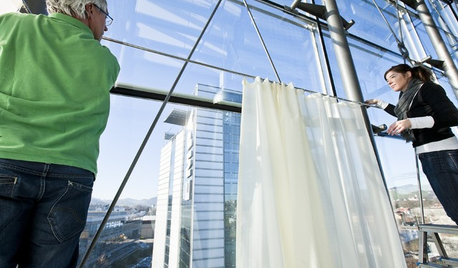
HOME OFFICESQuiet, Please! How to Cut Noise Pollution at Home
Leaf blowers, trucks or noisy neighbors driving you berserk? These sound-reduction strategies can help you hush things up
Full Story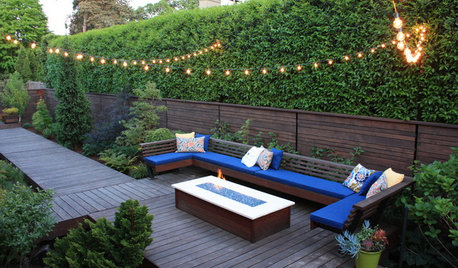
LANDSCAPE DESIGNDesign Your Landscape for Peace and Quiet
Block unwanted noise with plantings, barriers and water features for a more soothing outdoor experience
Full Story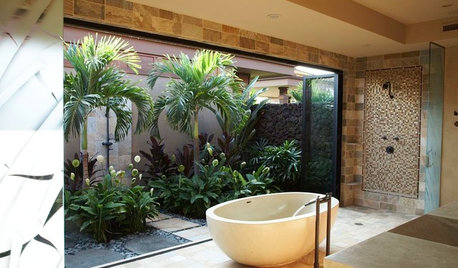
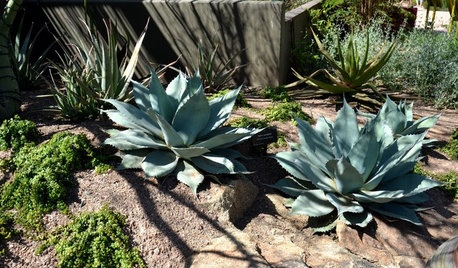
GARDENING GUIDESGreat Design Plant: Agave Ovatifolia
Whale’s tongue agave adds striking beauty to the drought-tolerant landscape with its uniquely shaped leaves
Full Story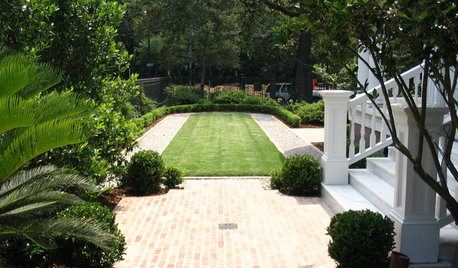
GARDENING GUIDESHow to Plant a New Lawn From Sod
Take the quick-start route to turf with sod; these installation guidelines will help ensure a healthy and long-lasting lawn
Full Story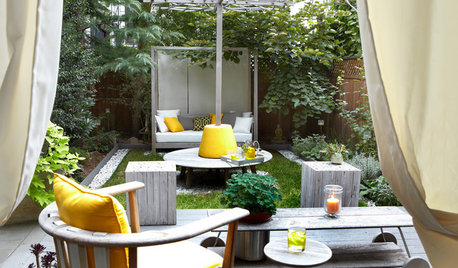
LANDSCAPE DESIGN7 Ways to Create Quiet in Urban Gardens
Keep your garden peaceful with these ideas for planting and material choices
Full Story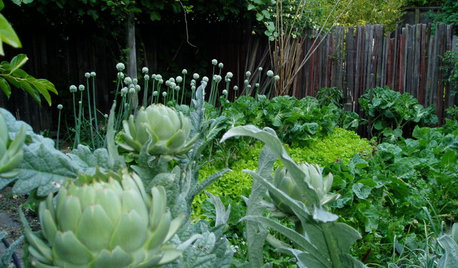
FRONT YARD IDEAS10 Ideas for a Front-Yard Edible Garden Your Neighbors Will Love
Choosing attractive, well-mannered plants and sharing the bounty will go a long way toward keeping the peace
Full Story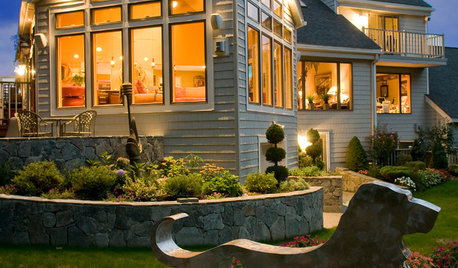
PETS6 Ways to Help Your Dog and Landscape Play Nicely Together
Keep your prized plantings intact and your dog happy too, with this wisdom from an expert gardener and dog guardian
Full Story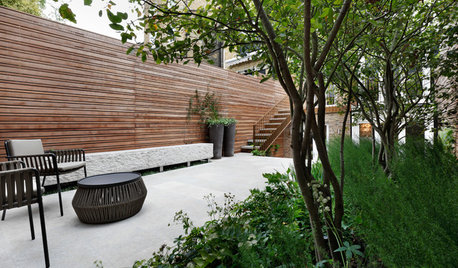
URBAN GARDENSIn London, a Crowded Patch of Grass Becomes a Patio for Entertaining
A chic combo of wood siding, clever plantings and lots of elegant sandstone transforms a plain garden into a stylish space
Full StoryMore Discussions






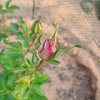
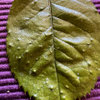
waterbug_guy
AJBB
Related Professionals
Glassmanor Landscape Architects & Landscape Designers · Anderson Landscape Contractors · Bethlehem Landscape Contractors · Jackson Landscape Contractors · Aberdeen Landscape Contractors · Deer Park Landscape Contractors · Hawaii Landscape Contractors · Lemay Landscape Contractors · Longmont Landscape Contractors · Tamarac Landscape Contractors · Woodbury Landscape Contractors · Birmingham Carpenters · Concord Carpenters · Fitchburg Carpenters · Roselle Park Carpentersxoxos
waterbug_guy
azbookworm
xoxos